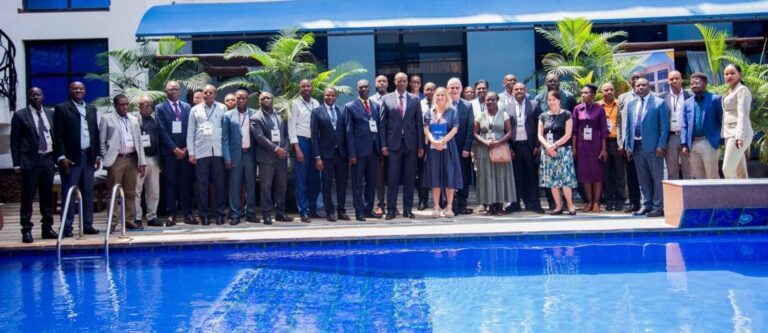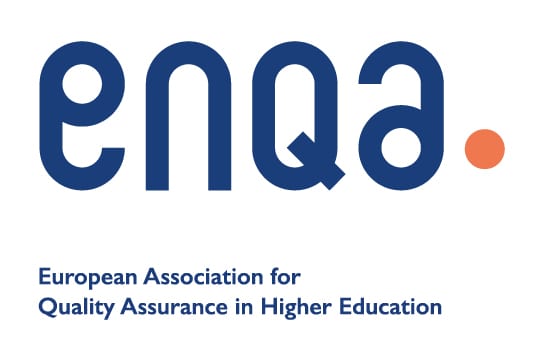The HAQAA3 Initiative has carried out the first regional consultation on the potential governance structure of the Pan African Quality Assurance Agency (PAQAA) in Yaoundé, Cameroon. The event was the first of a series of four extensive consultations with quality assurance authorities and organizations across the African continent, that represents a continuation of the discussions initiated in 2021 under HAQAA2 on a four-stage approach to the creation of the PAQAA.
Supporting the creation of the Pan African Quality Assurance Agency is one of HAQAA’s main lines of action and a flagship initiative of the African Union. The PAQAA should be an articulating agency taht supports the promotion of common quality standards across the continent, as well as capacity building for quality assurance systems. Since 2019, consultations have been underway on how to create this agency and what its purpose and functions should be.

Goals of the first PAQAA consultation under HAQAA3
The objectives of the consultation were:
- Review the previous consultations and recommendations on the creation of PAQAA in the second phase of the HAQAA initiative.
- Generate consensus and agreement on the future governance structure of PAQAA and the way in which the various stakeholders will participate in it.
- Achieve consensus on the work plan for PAQAA within the framework of HAQAA3 and explain the support provided by both the HAQAA initiative, in the form of a PAQAA Technical Unit.
Finally, the event sought commitment from quality assurance agencies and authorities on the role they will play in this process as well as the role they intend to play in a governance structure that would contribute to the realization of the Pan-African Quality Assurance Agency.

Strategic partners, national agencies and ministries of higher education attended the event
Among the participants of the event were the management team of HAQAA3 [OBREAL, the Association of African Universities (AAU), the European Association for Quality Assurance in Higher Education (ENQA) and the German Academic Exchange Service (DAAD)], as well as strategic partners (CAMES, RAFANAQ and AUF), National QA Agencies (Mali, DRC, Senegal and Guinea) and Ministries of Higher Education (Cameroon, Côte d’Ivoire. Burkina Faso, Gabon, Chad). The Directorate General for Education and Culture of the European Union was also present at the consultation.
The whole activity was held under the Youth Mobility Flagship Programme, which is part of the Global Gateway Africa-Europe Investment Package of the European Commission.













